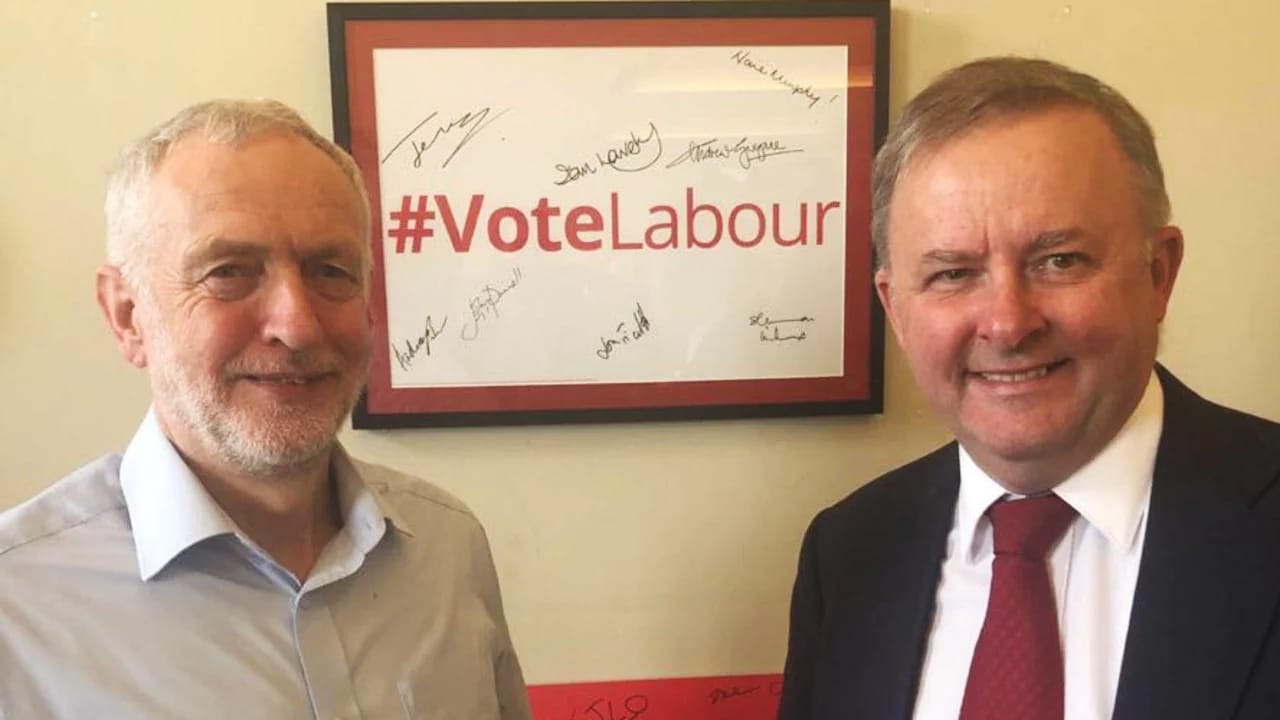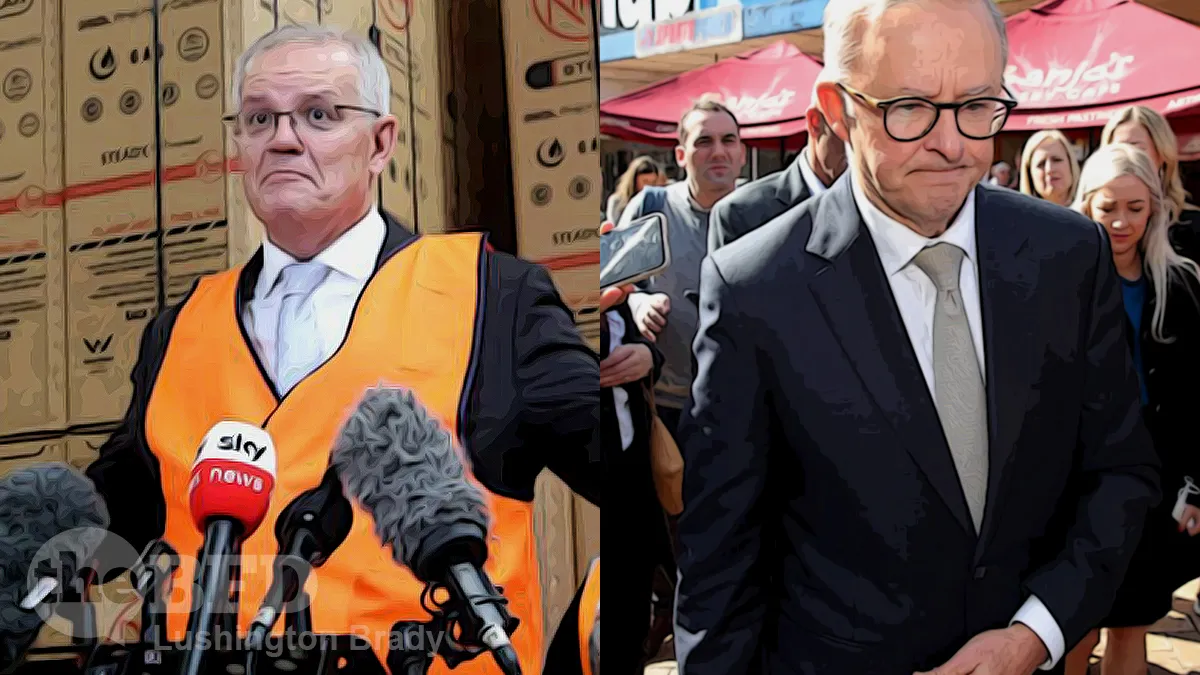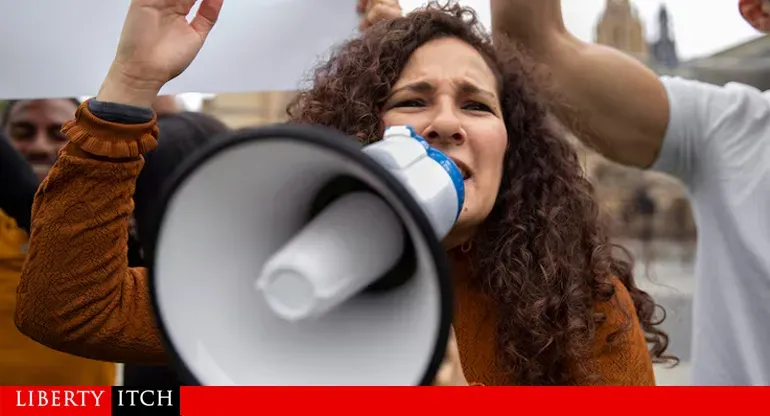Table of Contents
There ought to be few illusions that PM Scott Morrison is fighting the 2022 election against the odds. While Morrison should not be underestimated as a campaigner — and so far, he has scarcely set a foot wrong — he has apparently spent the last three years doing everything he could to make his election race handicap as heavy as possible. The problem for Morrison is that voters rarely vote an opposition in: they almost always vote an incumbent out. After all, how many Americans seriously voted for Joe Biden, rather than against Trump?
This is clearly what Australian Labor is banking on. Their campaign to date has consisted of very little other than simply attacking Morrison at every turn.
But, as Americans are discovering in the worst possible way, political buyers’ regret is an expensive awakening. So, if Australians chuck the Morrison government out, what are they actually getting in its place? It’s hard to tell because Labor is steadfastly refusing to tell voters much at all.
Coalminers won’t know how Anthony Albanese’s climate change policies will apply to them until after the election, amid mixed messaging in Labor over how the sector will be affected by its plans for a strengthened safeguard mechanism.
If the coalmining vote decides that Labor can’t be trusted, it will be a devastating blow to their chances. It was Bill Shorten’s double-speaking over the Galillee Basin coalmine that saw Labor all but wiped out in Queensland. The distrust in the resources sector played out in Western Australia, too.
Opposition energy spokesman Chris Bowen said coalmines would be forced to comply with Labor’s more stringent safeguard mechanism, after assistant energy spokesman Pat Conroy last week claimed no coalmine would be affected by the policy.
Mr Bowen said the Clean Energy Regulator would tailor the policy for each of the 215 facilities that come under the safeguard mechanism, ensuring the international competitiveness of trade exposed industries such as coal is not undermined.
But the details of how this will practically work will be decided in government, if Labor wins.
The Australian
Australian voters haven’t forgotten former Environment Minister Peter Garrett’s infamous election-eve quip that “Once we get in, we’ll change it all”.
While Morrison and Defense Minister Peter Dutton’s attempts to run a “khaki” election campaign are sounding increasingly shrill, Australians are increasingly seeing what they’ll get in their place. Labor’s deputy leader — the would-be Deputy Prime Minister — is on the record claiming that China’s aggressive expansion in the Pacific is a “good thing”. What he tried to keep off the record is just who he talks to and who pays for it.
Taxpayers paid for Labor deputy leader Richard Marles to conduct meetings in Beijing organised by the Chinese government and to give a pro-China speech he cleared with the Chinese embassy before he left Australia.
Mr Marles has also breached parliamentary rules by failing to disclose the sponsored section of his trip to Beijing.
While Mr Marles did not disclose the trip, he did charge Australian taxpayers nearly $6200 for the first part of the overseas visit when he had meetings with a senior CCP official and gave the speech that called for closer military ties between Beijing and Australia.
The Australian has confirmed the Chinese embassy in Canberra organised both the meeting and the speech.
Mr Marles’s accommodation and return flight home from China was paid for by controversial think tank China Matters, which has since been stripped of its Australian government funding over concerns about its agenda.
The Australian
Marles also shared — or perhaps “cleared” might be a better description — the contents of his speech with the Chinese embassy before he delivered it in Beijing.
To damn him with faint praise, Marles’ speech briefly alluded to human rights abuses in Xinjiang. He has also struck a rather different tune in the last couple of days, saying that “If there is a Chinese military base in the Pacific, Australia at that moment is less safe”.
Which sits rather oddly with his own book, Tides that Bind: Australia in the Pacific, in which he argued that Chinese expansion in the Pacific was a good thing and that Australia had no right to be concerned about who Pacific nations dealt with, in any capacity.
Australian voters are entitled to ask which Labor they would get: the one that blames Scott Morrison for letting China get the upper hand in the Pacific, or the one that takes literal shopping bags full of cash from Chinese operatives?










